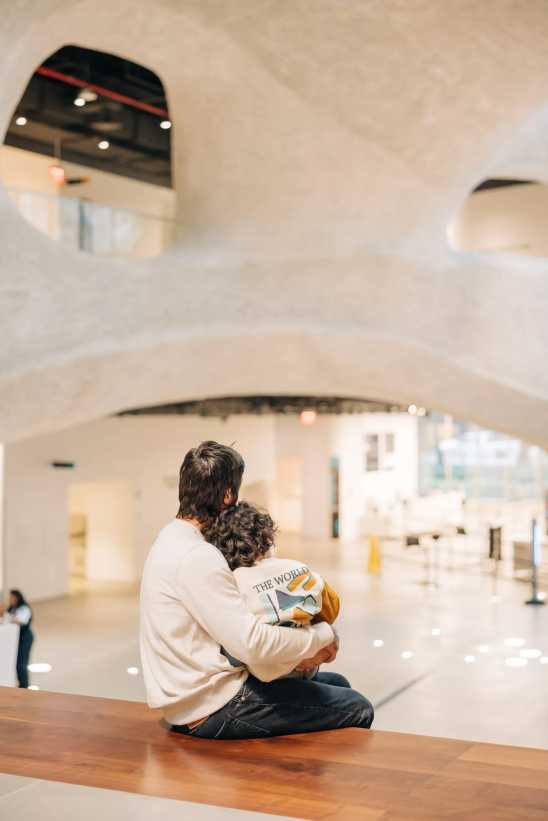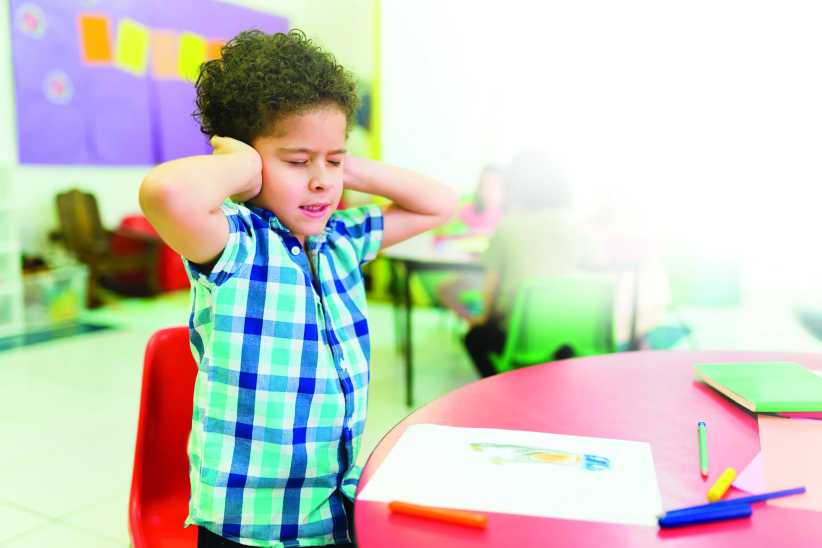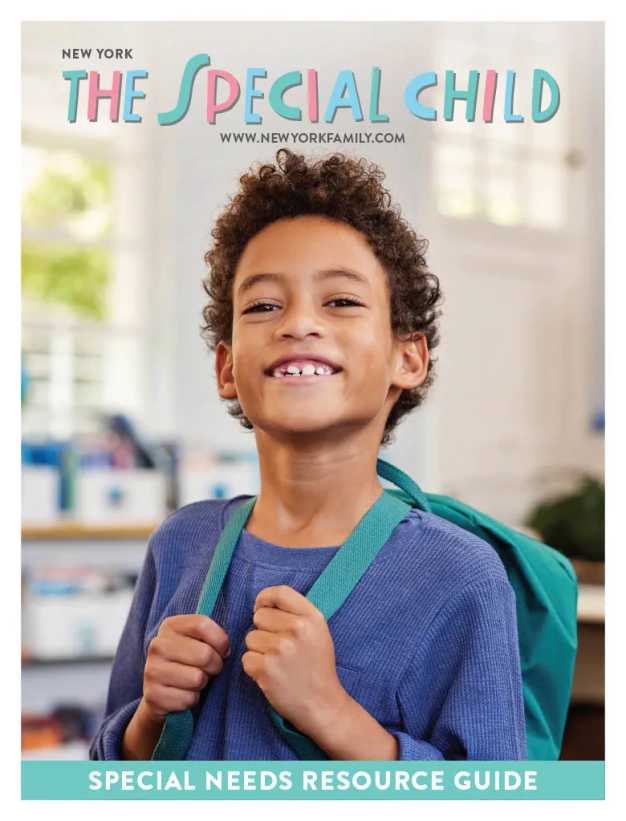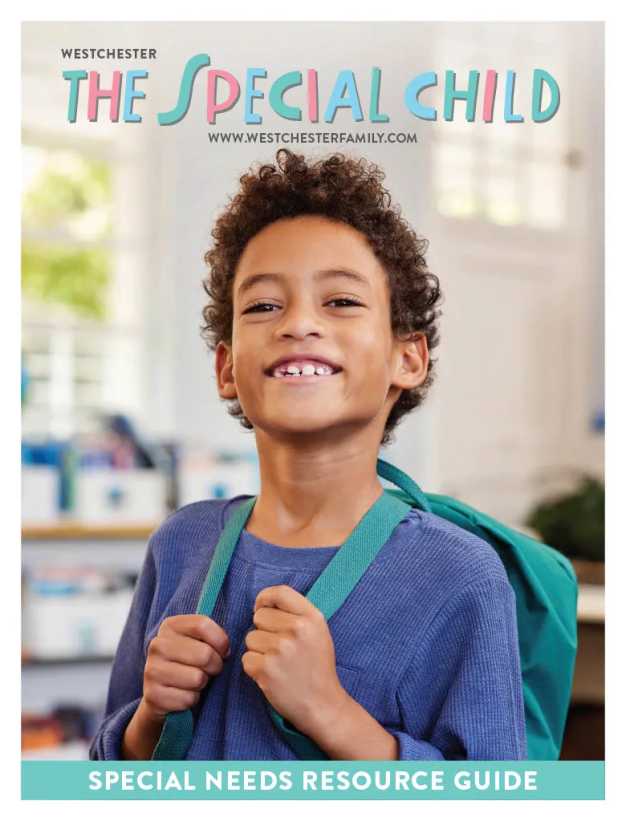During the cold, dreary days of winter, a popular childhood pastime was listening to records. (For those of you too young to remember, records were flat, black, vinyl discs upon which sound had been recorded and was released when a diamond-tipped needle passed over the grooves as the record spun on a turntable at either 33 or 45 rotations per minute.)
Our record cabinet was stocked with albums of classical music, original Broadway and movie cast recordings, popular artists from the ’40s to the ’60s, and holiday tunes. More importantly, there was a treasured collection of Disneyland storytime classics such as Bambi, Cinderella, Snow White, and other fairy tales. These were not recordings of the Disney, full-length, animated, feature films. They were abbreviated versions, on 45s, told by a narrator with various performers providing the voices for the different characters. Catchy songs, unique to these recordings, such as “Cindy-Cinderella went to the ball, Cindy-Cinderella loveliest of all,” and “Pinoc-, Pinoc-, Pinocchio, we’ll find you if we have to go to Tokyo,” were frequently sung, hummed, or whistled in our house.
Curled up in our comfy, green, rocking chair, I listened to these records until I knew them by heart. My favorite was the story of Pandora’s box. Placed on Earth by Zeus, Pandora was given everything she could possibly need or want. She was charged only with never opening the beautiful box entrusted to her, (about which she was given no explanation — not a good parenting strategy).
Dreading the moment when her curiosity got the best of her, I remember willing her not to open the box. Visions of the horrible creatures, embodiments of the wickedness she unleashed, were vivid in my imagination. When she finally slammed the lid shut, a gentle, tinkling voice pleaded from inside, “Let me out. Let me out, too.” Cautiously, Pandora asked, “Who are you?” Reassuringly, the voice responded, “I am hope.”
Realizing the dire consequences of her actions, Pandora threw open the box, releasing hope into the world. I recall tears of relief threatening to escape at the final words of the closing song, “When you have hope, you have everything.”
Hope is a priceless gift we can give our children. It provides comfort when faced with loss and sorrow. It combats doubt in times of uncertainty. It is a source of strength when confronted with hardship and challenges. Combined with competence, confidence, wisdom, and love, hope makes what seems impossible possible. Parenting for hope requires us to:
Choose hope
When our children come to us feeling frightened, discouraged, or overwhelmed, we can help them discover the power of hope. By providing age-appropriate, accurate information; reminding them of their abilities and previous accomplishments; encouraging them to try again; and reassuring them of our unconditional love and support, we assist our children in developing the courage to choose hope.
Pair hope with action
Hope in the absence of effort tends to yield disappointing results. Hoping for a good grade without studying; hoping for an excellent performance without practicing; or hoping for a successful presentation without preparing are all examples of the misuse of hope. Pairing hope with action significantly increases the likelihood of achieving the desired outcome. But even in the face of failure, it is better to have hoped and tried, than never to have hoped at all.
Inspire hope
Hope is contagious and can be readily spread by something as simple as a smile, a cheerful greeting, an encouraging word, or a random act of kindness. By modeling that which we hope for, we invite others to choose hope. Exhibiting courtesy and consideration for others regardless of age, gender, color, or religion demonstrates our hope for equality. Collecting and donating food and clothing conveys our hope for improving the lives of those less fortunate. Providing quality education reflects our hope for future generations. Adopting environmentally conscious habits is an expression of hope for our future on this planet.
Current social, moral, and political trends are contributing to an uncivil, divisive, combative, destructive interpersonal climate. Indefensible language, attitudes, and behavior are being legitimized, even normalized. When bombarded, on a daily basis, by accounts of adults in positions of authority, influence, and power behaving abysmally, it is tempting to surrender to disillusionment. Giving in to despair is so easy, because it permits inactivity. By accepting the explanation, “that’s just the way it is,” we are relieved of the responsibility for attempting to change the status quo. We are choosing to ignore hope’s plea to be set free to resist greed, hate, ignorance, and oppression.
This holiday season, my wish for us is hope. Not a passive kind of hope that enables us to sit around waiting for good things to happen, but an active, passionate kind of hope that inspires us to make good things happen for ourselves and for others. In the statement, “I hope…,” it is important to remember hope is the verb, an action word. According to Christopher Reeve, “Once you choose hope, anything’s possible.” To hope is a courageous choice. May we have the courage to take action inspired by hope, even in the face of overwhelming odds.
Carolyn Waterbury-Tieman has been married for 29 years and has two sons. She spent 15 years as a family therapist and parent educator and has written extensively on the topic of parenting. To contact her, please e-mail paren













